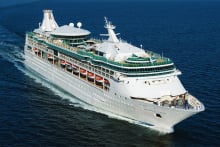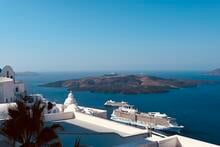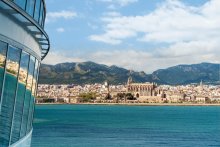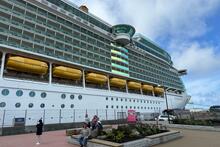I cruise to Europe every summer, and there are a few mistakes I never make to ensure my trip goes off without a hitch.
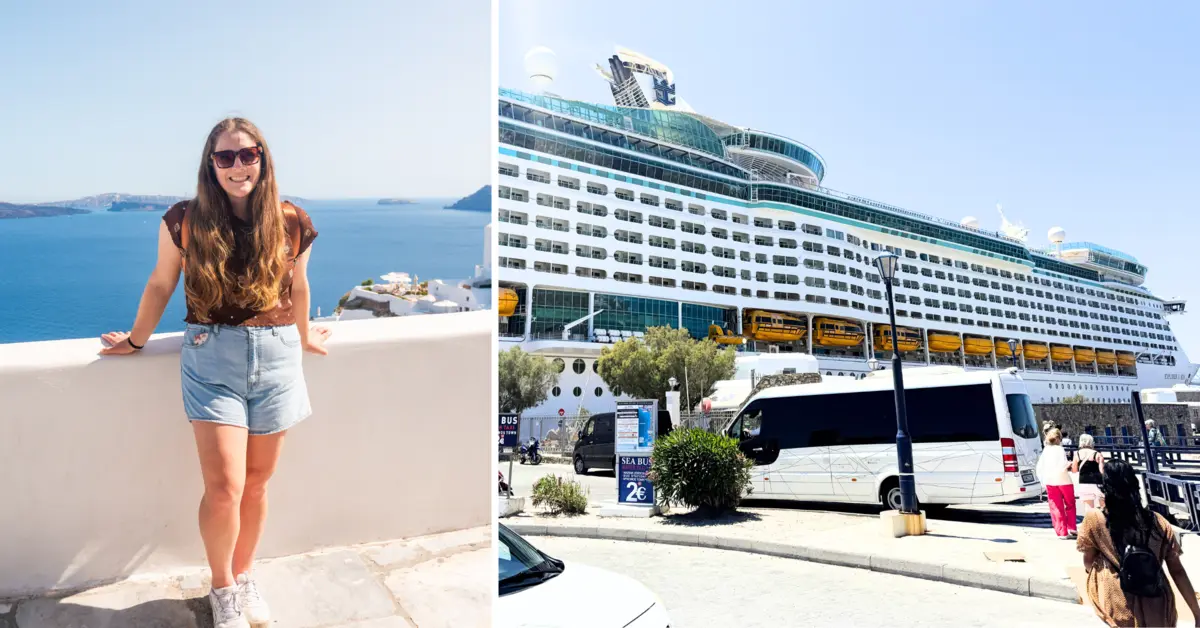
Europe is full of exciting cruise destinations, and I’ve been fortunate enough to sail all around the continent, visiting everywhere from the Mediterranean to the Norwegian Fjords and Arctic Circle.
Throughout my seven cruises in Europe, I’ve made my fair share of mistakes. In between packing the wrong footwear, neglecting to research ports, and spending too much on shore excursions, I’ve certainly learned a few valuable lessons along the way.
These are the seven mistakes I always avoid on a European cruise so that I have the best trip possible.
I avoid picking the first itinerary I see — there are more options than you’d think
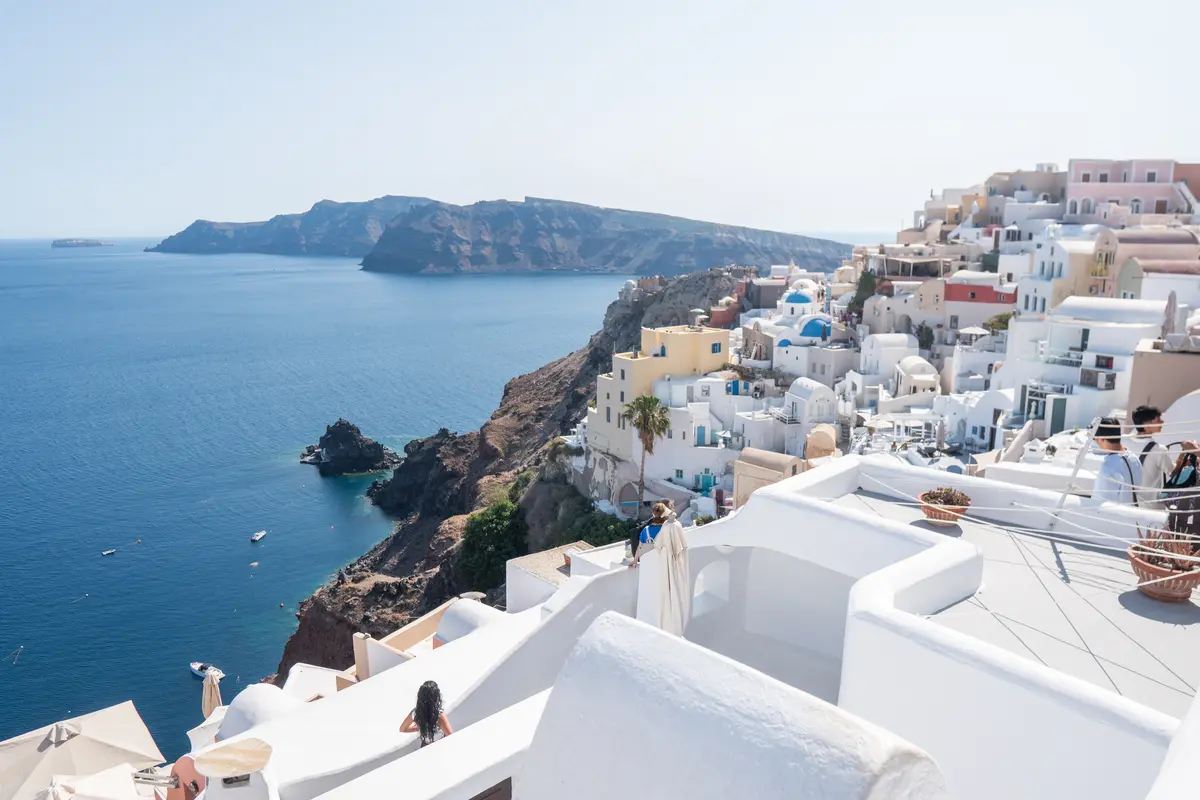
Dreaming of a European cruise? You’ll want to make sure you pick the best itinerary for your travel style.
A common mishap when planning any cruise is selecting the wrong itinerary. Every port offers something unique. History-lovers will gravitate toward the ancient ruins of Pompeii, whereas nature-focused cruisers might enjoy destinations like Norway and Iceland.
Instead of booking a European cruise based solely on price, look carefully at all the options. You might be surprised to find itineraries to the Canary Islands, northern Spain and France, and even as far east as Istanbul.
Related: What I wish I knew before taking a Mediterranean cruise
I always research itineraries thoroughly before booking. By doing so, I’ve been able to discover hidden gems around the continent.
My first European cruise, for instance, took me to the small city of La Rochelle, France. This city was nowhere on my radar to visit before coming across the cruise itinerary online, but I was blown away by the city’s quaint harbor and traditional crêperies.
Don’t limit yourself to only the most popular ports. Take a look at every itinerary the cruise line offers to find which one works best for you.
I avoid confusion in port by paying attention to logistics
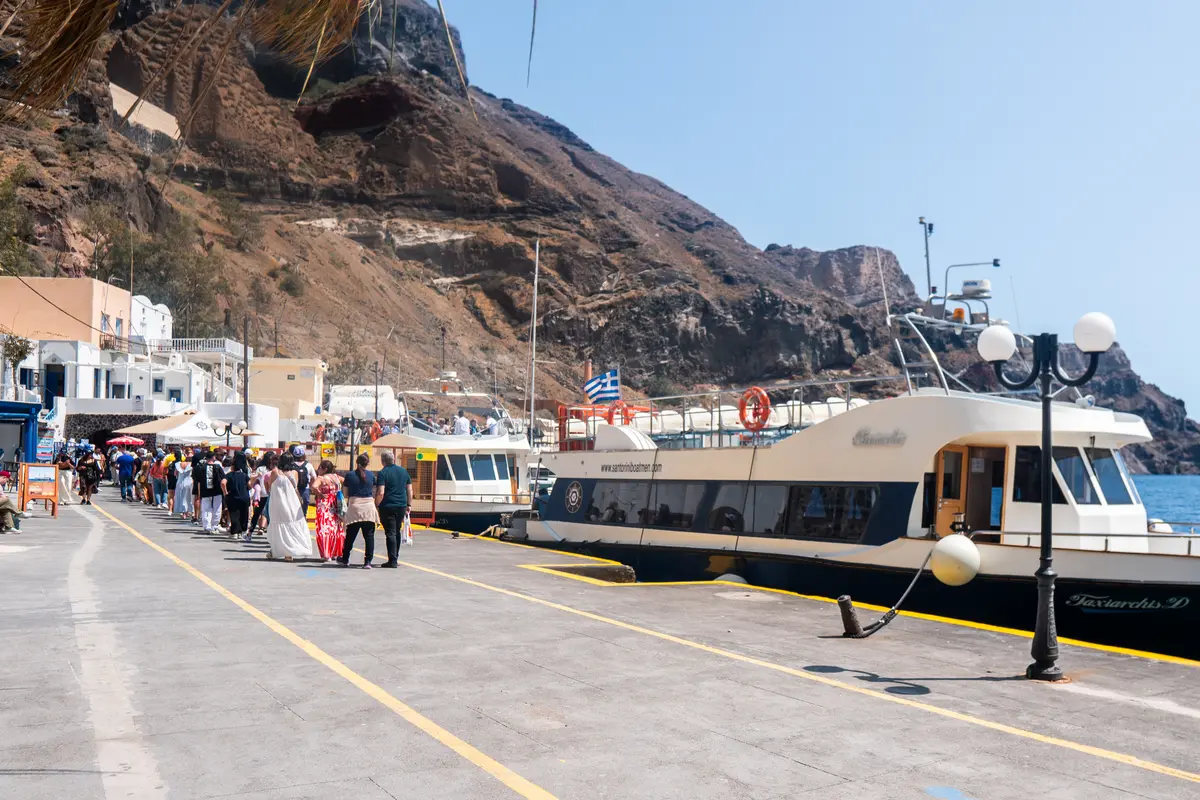
Most European cruise itineraries include anywhere from three to five ports of call, but they’re not made equally. Some ships dock in the center of town, such as in Split, whereas others require a boat, bus, or train to reach the city center.
On my recent Greek Isles cruise, I paid careful attention to the logistics of each port before disembarking. Fortunately, Royal Caribbean’s app provides detailed information on any necessary tender boats, water taxis, and other local transportation.
Related: What does tender mean on a cruise ship?
By doing so, I was prepared for each port day. I lined up early for a tender ticket in Santorini, had cash ready for a water taxi in Mykonos, and reserved a disembarkation day shuttle bus to our next destination.
Doing just a few minutes of research beforehand helped me avoid unnecessary confusion in each port of call.
I avoid packing a huge suitcase — my carry-ons fit everything I need
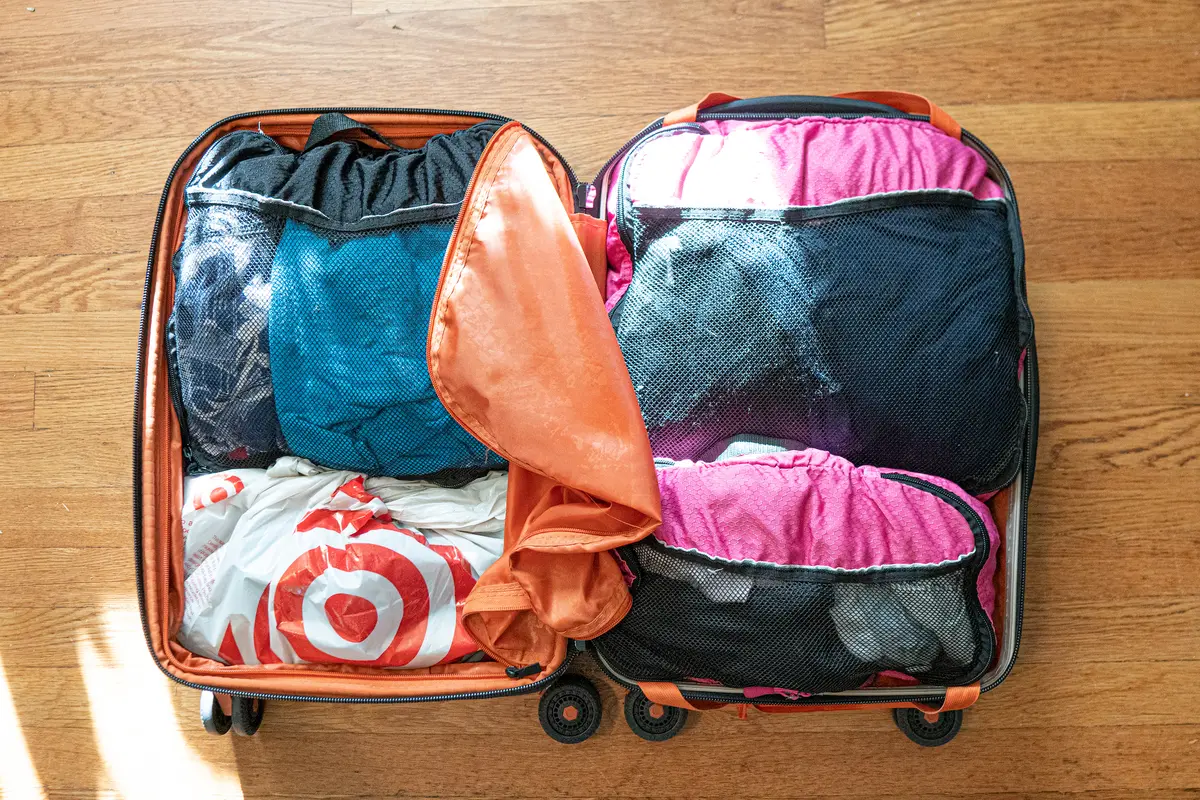
A common mistake many travelers make when visiting Europe is overpacking.
If you plan to take any form of public transportation in Europe—whether trains, buses, or subways—you’ll quickly regret packing a large-sized suitcase.
I’ve utilized public transportation all over the continent, and I’d never bring anything larger than a carry-on suitcase. Although it’s possible to navigate transit systems with large luggage, I don’t find it worth the headache.
Related: European cruise outfits and packing guide for women
Many trains have limited luggage storage space, and subway systems can be crowded enough without a giant suitcase.
Instead, I always travel to Europe with my Away carry-on suitcase and spacious personal item-sized backpack from Amazon. The two items provide adequate space for a week’s worth of clothes and are easy enough to navigate through local transport.
I don’t limit myself to cruise line excursions
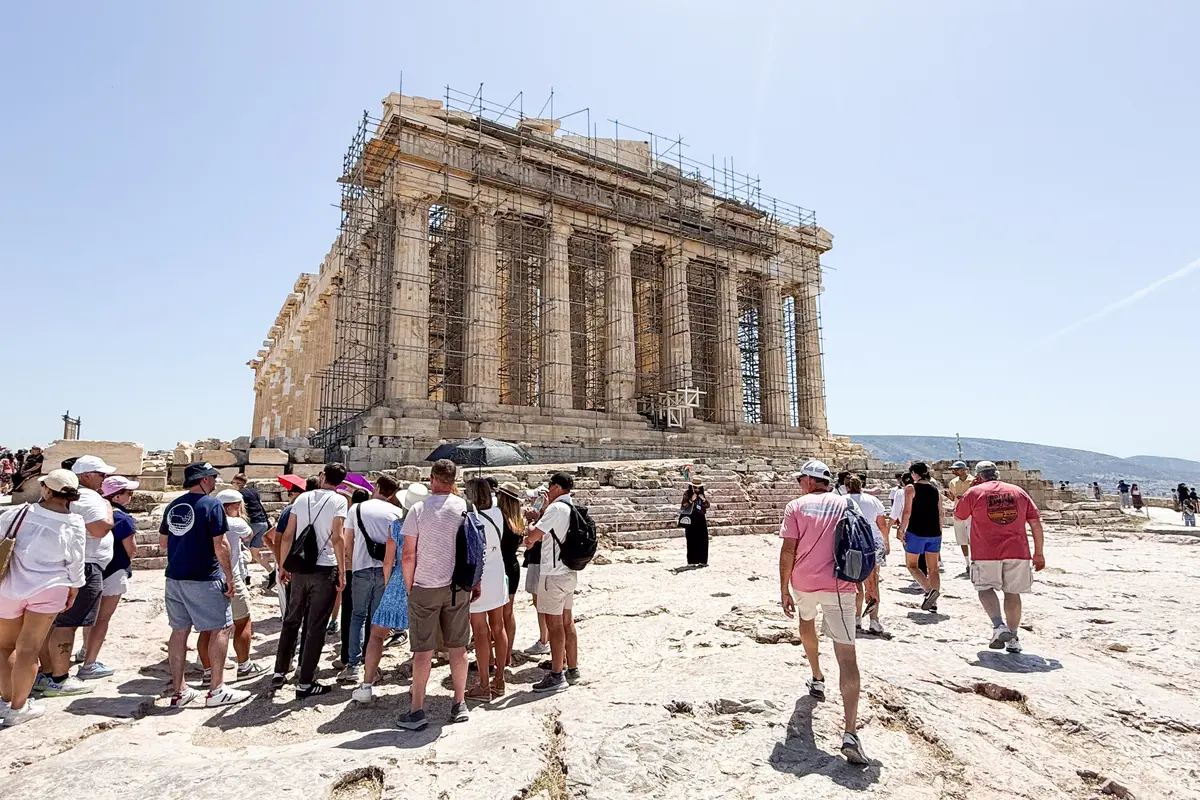
When planning port days, it’s convenient to stick with tours offered by Royal Caribbean. The tours leave directly from the ship, work with a vetted tour provider, and guarantee your arrival back to port if the tour encounters a delay.
That being said, shore excursions booked directly through the cruise line can be expensive. Royal Caribbean acts as the “middleman” between you and the tour provider, thus raising prices.
Related: 7 ways to have a great time in port without a cruise ship shore excursion
I rarely book shore excursions through Royal Caribbean. Instead, I look at independent tour operators, which may offer more variety and lower prices.
On my most recent cruise to Athens, I booked a guided tour of the Acropolis through GetYourGuide.com. The tour, which included my entrance fee, was $70 per person—less than half the price of tours offered through the cruise line.
When booking on your own, though, you’ll want to account for ground transport. In Athens, I took a local bus and subway to reach the Acropolis.
Some travelers may prefer the convenience of private transport through cruise line excursions instead.
I avoid wearing new shoes, and always ensure my footwear is comfortable
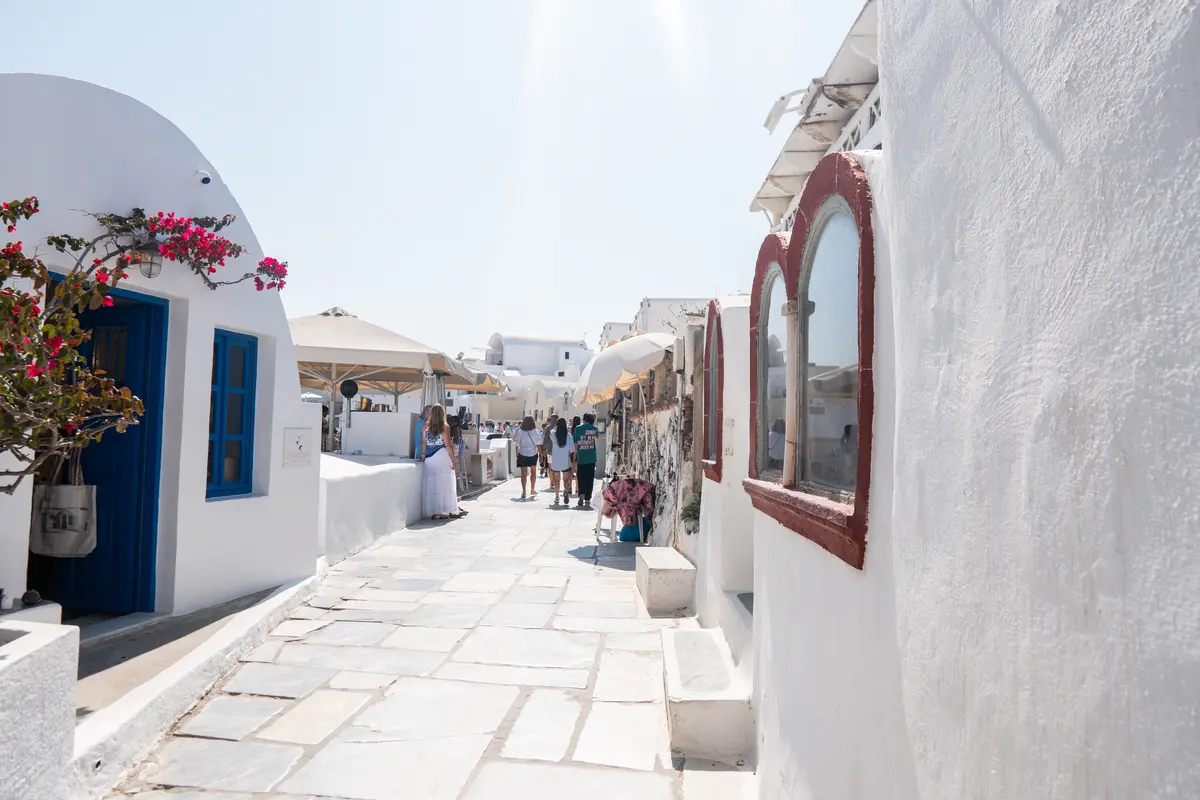
If there’s only one tip you follow from this list, it should be to pack proper footwear for your European cruise.
I frequently log 20,000 steps while exploring ports of call in Europe. Most destinations are best explored on foot, and there’s a lot of ground to cover each day.
On a prior cruise to the Mediterranean, I made the mistake of wearing a brand-new pair of sneakers in port. Soon enough, my ankles were covered in blisters, and I had to live with my mistake for the rest of the trip.
Nowadays, I never pack new shoes when cruising to Europe. I’ll pack a trusty pair of worn-in sneakers instead. I usually pack a pair of sandals with an ankle strap, too, which are nice to wear on warmer port days.
Related: What to wear on a Mediterranean cruise
If your itinerary visits a notoriously wet destination, such as Iceland or Ireland, you’ll want to avoid sneakers with a mesh exterior. A rainy day or accidental step into a puddle will quickly leave your shoes (and socks) soaking wet, which is far from ideal when exploring port.
I love cruising with a pair of white, water-resistant sneakers like these from Adidas. Not only do they match nearly every outfit, but they also keep my feet dry on rainy days.
I avoid cruising to Southern Europe in July and August. Venture north instead!

If you’re set on cruising to Europe in the peak summer months, consider heading north instead.
Destinations like Rome, Santorini, and Lisbon frequently see extreme temperatures during the months of July and August. Sightseeing in 90-degree temperatures can be downright miserable!
Visiting the Norwegian fjords, as an alternative, can be an excellent choice for a summer cruise. Temperatures in the low 70s are perfect for exploring the region. Whether hiking to the spectacular Pulpit Rock or strolling along the charming streets of Stavanger, you’re unlikely to be overwhelmed with the heat.
Related: What I did right and wrong on my Royal Caribbean cruise to Norway
Outside of Norway, you can also find cruises to destinations like Iceland, the British Isles, and Denmark, all of which should offer more pleasant summer temperatures compared to countries like Italy and Spain.
Lastly, I avoid booking my European cruises too late. Itineraries can (and often do) sell out
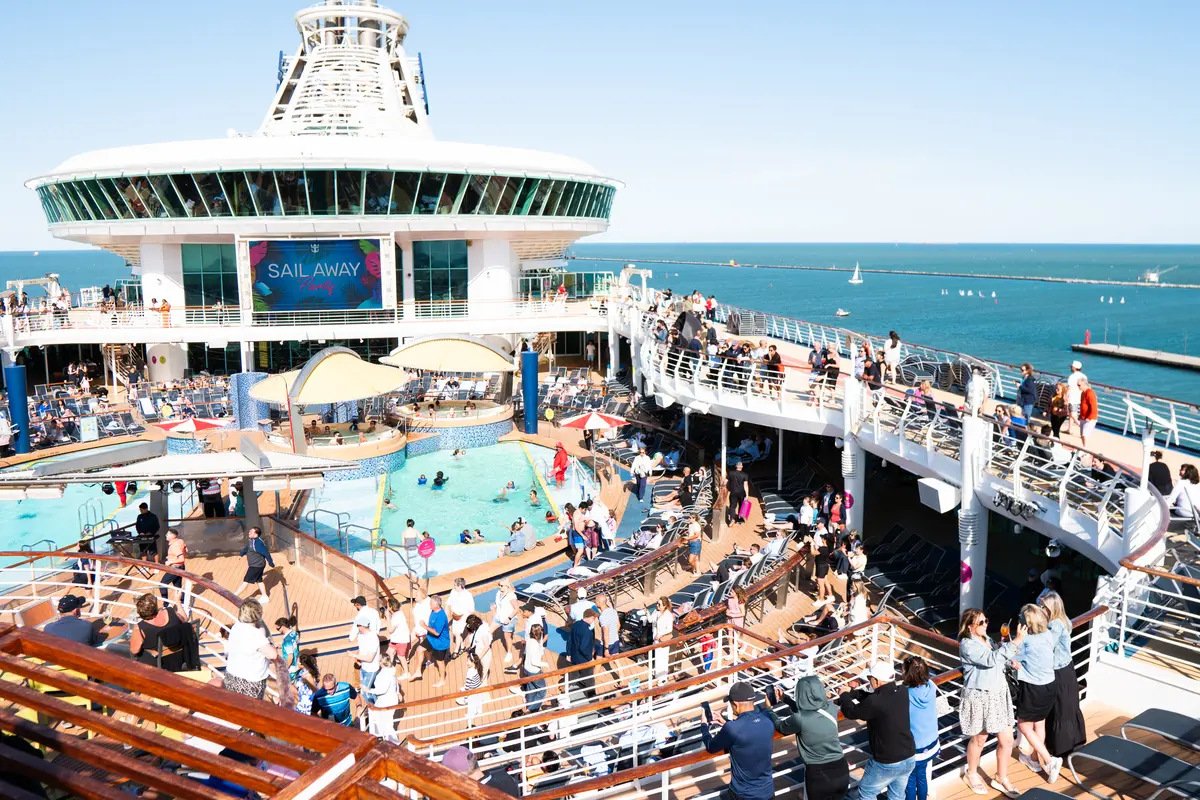
Despite taking so many cruises to Europe, I’m still learning the ins and outs of cruising around the continent.
One mistake I’ll never make again is waiting too long to book my cruise.
Last fall, I had been eyeing Royal Caribbean’s Greek Isles itineraries, but I was in no real rush to book one. Even though I was hoping to cruise sometime in May, I figured I could bite the bullet on a booking at a later date.
So, when I finally decided to sit down and book the cruise in December, I could no longer find the itinerary on Royal Caribbean’s website. As it turned out, the cruise was fully booked.
Related: When is the best time to book a cruise?
My procrastination had cost me my dream cruise—or so I thought.
Fortunately, a few cabins opened up the next day, perhaps due to a cancellation or expired hold. I immediately emailed my travel agent to book the cruise, and I snagged one of the last staterooms on the ship.
Needless to say, I learned my lesson about booking cruises too late. Royal Caribbean’s European itineraries are in high demand, so if you want to book your dream cruise, it’s best to do it sooner rather than later.


